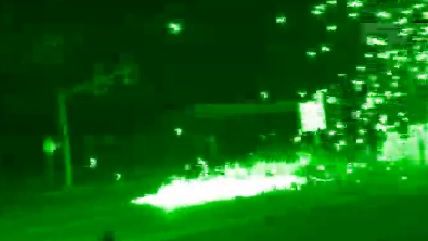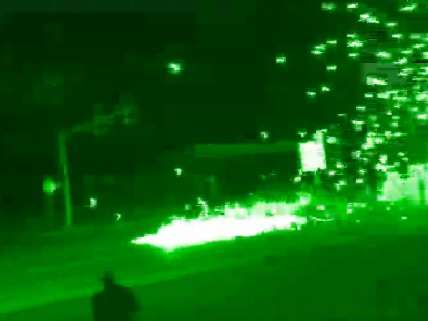Quick Note to Cops About Twitter: You Don't Control It, Shouldn't Try


Nine police agencies in Washington, including the Seattle Police Department and the Washington State Police, launched a campaign earlier this summer called "TweetSmart" to encourage social media users not share information about police operations, like photos, that could compromise security. The message from the State Patrol Chief: "Please don't tweet about the movements of responding police officers, or post pictures. Sooner or later we'll have an emergency where the suspect is watching social media. That could allow an offender to escape, or possibly even cost an officer their life."
The Associated Press talked to social media experts:
A social media expert at the International Association of Chiefs of Police said she's unaware of similar awareness campaigns elsewhere but the problem that prompted the outreach is growing.
"All members of the public may not understand the implications of tweeting out a picture of SWAT team activity," said Nancy Korb, who oversees the Alexandria, Virginia, organization's Center for Social Media.
"It's a real safety issue, not only for officers but anyone in the vicinity," Korb said.
Korb said she is not aware of any social media post that has led to the injury of a police officer, but she said there have been a few close calls. Other times, tweets have interfered with investigations.
The real world is a dynamic place. Police work means having to deal with that, not running campaigns encouraging residents not to exercise their First Amendment rights. Perhaps given the way anti-gun activists and politicians have used the "advanced tech" non-argument to whittle down the Second Amendment, some cops think they can do the same with the First. Elizabeth Nolan Brown's explanation of why Twitter, and the Internet, is not a safe space, applies to police too. The technologies change, but the basic tension between liberty and the pursuit of security is the same. So is the Constitution. Cops have no business campaigning, explaining, or otherwise suggesting or directing Americans (or non-Americans) on how to exercise free speech.


Show Comments (87)